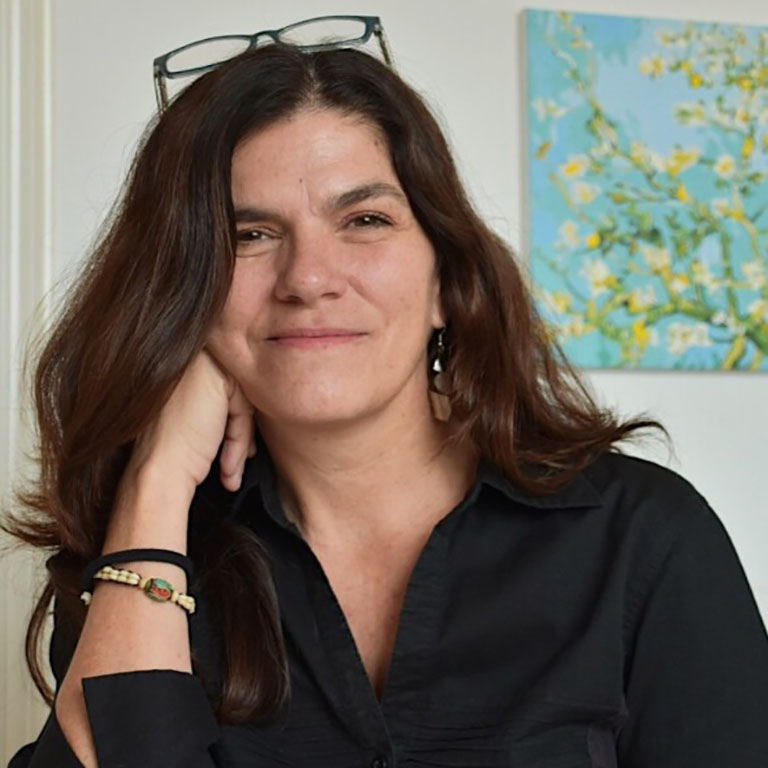Proyectos Actuales de Investigación
- Memoria en movimiento: Lorca y el archivo / Memory in Motion: Lorca and the Archive. Eds. Melissa Dinverno, Andrew A. Anderson and Christopher Maurer. Scholarly and creative essays from 29 collaborators. Transl. with Carl Good, Christopher Maurer, Andrew A. Anderson, and Josh Dunn. Granada: Consorcio Centro Federico García Lorca, Feb. 2025. (481 pp.) Born in dialogue with an exhibition held at the Centro Lorca in Granada and based on rigorous new research in personal, family, and state archives in several countries, Memory in Motion is the first step towards recovering the history of the Garcia Lorca Foundation archive from the moment of the poet’s death to the present. Conceiving of the archive as dynamic, it foregrounds the efforts of those who built it and the difficult sociopolitical contexts that they navigated. Memory in Motion reveals countless new facts about the archive, events that made possible its creation and development, and hitherto unknown stories of loss and safe-keeping, of discovery and perseverance. Interweaving the archive’s life with the voices of contemporary writers, artists, composers, directors, translators, and scholars, this book shows how the archive continues to speak to us today, how it challenges, moves, and changes us.
- Mapping Material Stories: a Digital Network of García Lorca Archives is a collaborative digital humanities project that I’m leading with Andrew Anderson and Christopher Maurer. The first phase will provide an interactive transnational mapping of known Lorca-related archives and their stories, as well as movement of materials over time, allowing users to visually understand the effects of war and diaspora on material and cultural history, identify gaps and lines of future research, and recuperate human stories. The project works at the intersection of archives and memory, affect, and diaspora.
- Mediating Memory: Federico García Lorca and the Legacies of the Past in Democratic Spain. This book project analyzes how Spain’s transition to democracy (broadly defined, 1975-1992) shaped the invention of Lorca as cultural icon and of his artistic corpus, and, in turn, the ways in which these recent productions of Lorca have mediated cultural, social, political and economic processes in Spain's transition. Some of the issues I focus on are memory and mourning, exile and diaspora, sexuality, commodification and globalization.

 The College of Arts
The College of Arts